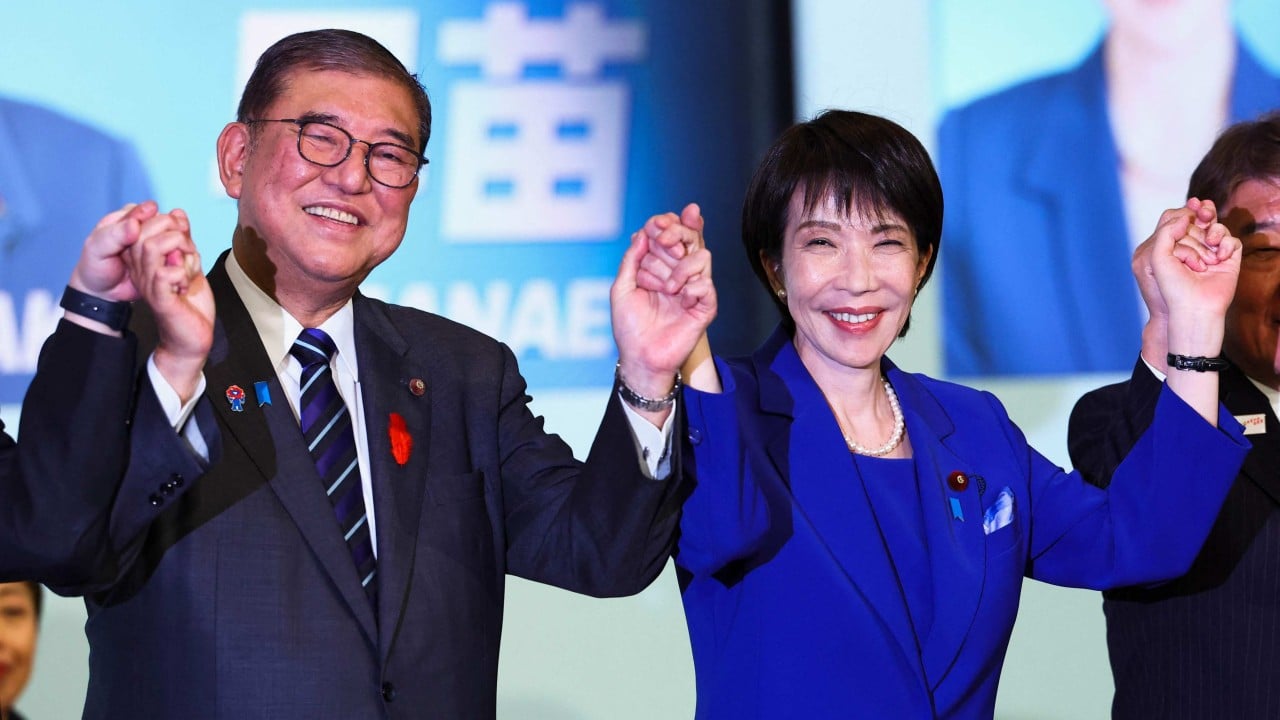Are politicians dispensable, and can elite bureaucrats run a country more efficiently? The question has become one of more than academic importance in Japan, where the political situation has degenerated into chaos as potential leaders and their parties vie for power.
Advertisement
This is a question that has considerable economic and financial as well as political significance. Japan is a key trade, investment and security partner to other leading nations in and beyond Asia and its financial markets are internationally important.
The questions troubling some in the outside world include whether Japan is turning more to the right with the surprise election of arch-conservative Sanae Takaichi to the presidency of the ruling Liberal Democratic Party (LDP) and thus to the position of presumptive prime minister, as well as what this implies for the country’s relations with China and Southeast Asia.
Japanese prime ministers have come and gone with quite alarming regularity in recent years, and yet the country’s polity has remained remarkably stable. The LDP has been the chief agent of political stability, but now the party’s dominance is being seriously challenged with the prospect of a rival coalition taking power.
The LDP has not been able to form a government just twice since its formation in 1955. The first was from 1993 to 1996 – when it spent a year in opposition before joining a coalition government under Socialist prime Minister Tomiichi Murayama – and the second from 2009 to 2012 after the Democratic Party of Japan swept the LDP from power in the 2009 general election. Komeito, a smaller party, helped the LDP form a government after the latter reclaimed power in 2012, but Komeito has now left that coalition, sparking a new scramble for power.
Advertisement
Given that Japan is the world’s fourth-largest economy, one of Asia’s leading trading partners and the biggest provider of aid to Southeast Asia, outside concerns centre upon whether an apparent populist shift in Japan could come at the cost of the country’s regional and global economic presence. Such concerns are compounded by the fact that Japan is in political turmoil at a time when the United States is withdrawing from international commitments and obligations in everything from trade and investment to security.


